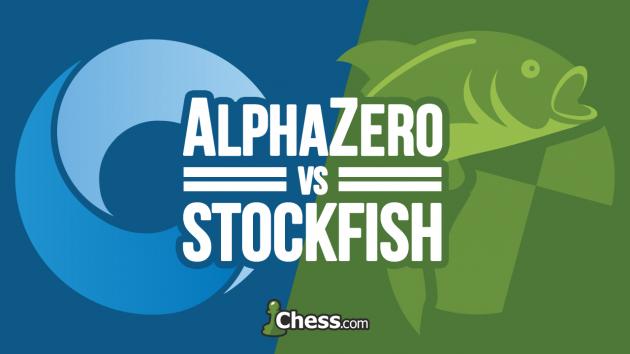100 Endgames You Must Know Pgn

Resources • • for and • • • • • • Subreddit Rules • Keep it friendly and focused; don't be a jerk. • Abusive behaviour and discrimination against others will not be tolerated.
• Do not post content, memes, jokes, videos or images that don't offer useful chess insight. Consider posting such content to our sister subreddit,. • If you post your own games, include your own annotations. • Don't ask for advice about games in progress. • Wrap your PGNs with [ pgn] and [ /pgn] (without the spaces) to allow users to see the game as an interactive chess board.
• Chess Spoiler format for problem answers etc., >!Spoiler text! I am lichess 2000 / chess.com 1900 rated. I spent most of my time so far doing chesstempo and studying positional stuff.
I know very little opening theory (not a high priority right now, personal preference). I want to get into endgame study.
It's always seemed kind of murky and just brute force calculation. I know a little bit about stuff like Principle of Two Weaknesses, How to mate with bishops, and some opposition/flanking/triangulation stuff.
I worked through a large chunk of Silman's book but honestly it was so grueling, apparently I'm one of the rare few who dislikes his writing style. Anybody studying endgame?
What are your doing? Any good books?
100 Endgames You Must Know. By New in Chess. He had learned to play these endgames by practicing ‘100 Endgames You Must Know’ by Jesus de la Villa on Chessable, by himself. By NM Han Schut (2257 USCF) I love the Chessable learning system and how the site operates. I am learning very rapidly and didn't know ANY prior chess openings.
Is Amateur to IM any good? Thanks guys and gals, good luck in your chess! I'm a fan of Winning Chess Endgames: Just the Facts by Alburt and Krogius. Helped me personally, helped me teach it better, and helped many of my students. Useful from probably 1100 up to 1800 or in my case 2000 with a stunted endgame education (years back). I struggled with Endgame for years because it seemed like rote memorization. Endgame is probably the most concept driven part of the game, and it became entertaining starting with this book.
WCE does a great job of going into concepts for each major type of endgame, and then reinforcing them with puzzles in each section. You don't even need a board--illustrations do not weigh it down, but they are prevalent enough to just read the book of you want. It's a great overview and a small book that will make you competent quickly. One person mentioned Dvoretsky. Resmed apnealink software download.
His book is the definitive manual, and it has everything you could ever practically need. But it is a resource more than a read. I couldn't make it through the density. One person mentioned Fine's book, but this was written in the 30s, outdated and known to have flaws--basically it was a former treasure now obsoleted by Dvoretsky's Endgame manual.
Amateur to IM is very good, but it is not really an endgame book. There is a focus on (mostly rook) endgames, and it is definitely the best published resource I am aware of R+B v R, but that endgame is not for a first endgame study. The book contains tons of good advice for all of chess improvement of course.
“The challenge, however, is that Google, Facebook, Netflix, and Amazon do not publish their algorithms. Major crimes - season 6.
I'm a fan of the Dvoretsky Endgame Manual. It's a large text which is like a textbook, however I think the 'simple' chapters are excellent and do a good job with principles and calculation. It does not pretend that even simple looking endgames are simple, because they are not. Skip any of the 'challenging' chapters. Most importantly, because it is a like a textbook, you can use it to look up endgames you have actually played in a game, which I think will be a better learning experience overall.
I don't remember if it covers B+N v K, but even if it does, is the cost of memorizing it justifying the rare times it appears? It's better to focus on more common endgames you are likely to see, such as the various R+P ones. As your general chess skill grows, B+N will be something you can confident you will work out at the board. While I'm not saying B+N its worth studying necessarily, I don't think anyone can be confident they will work it out over the board.